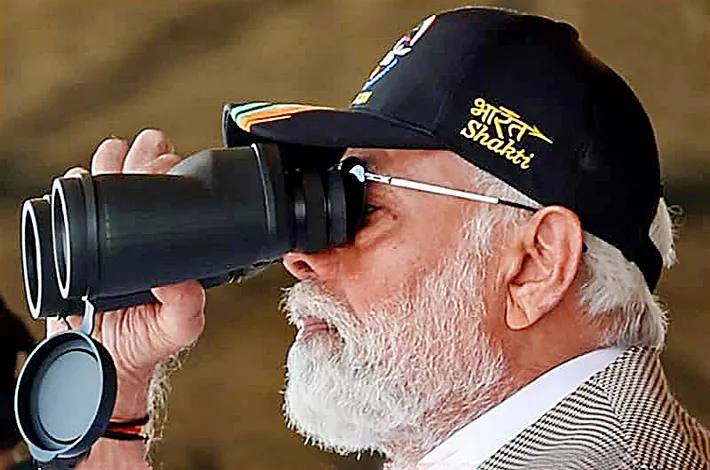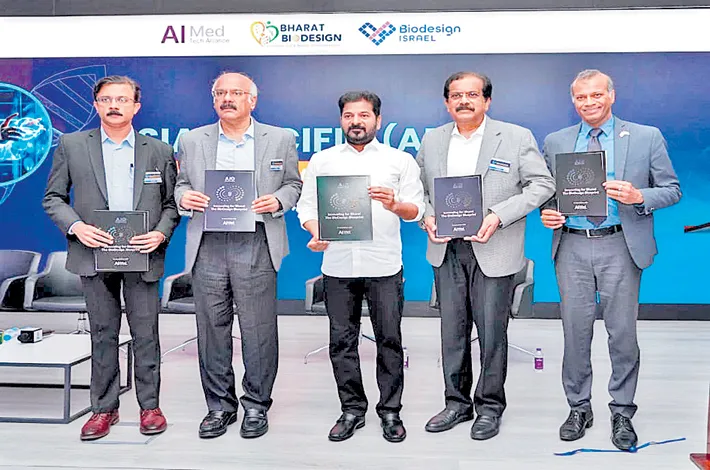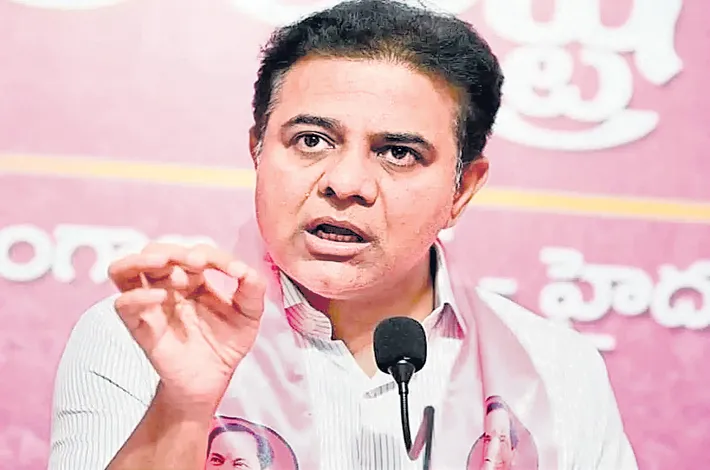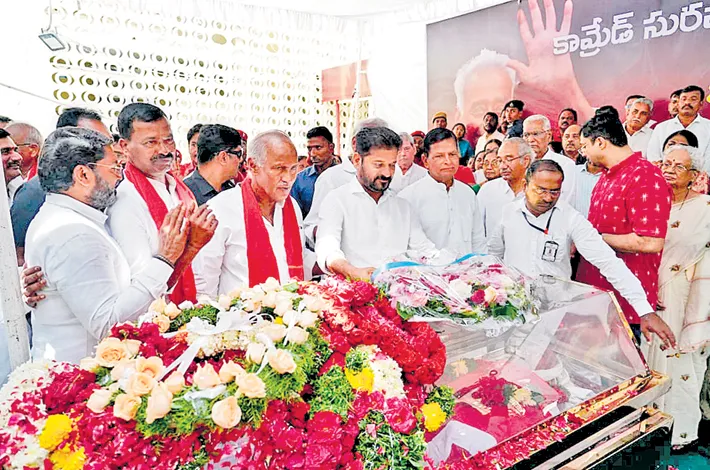Scam of staggering proportions
25-08-2025 12:10:51 AM
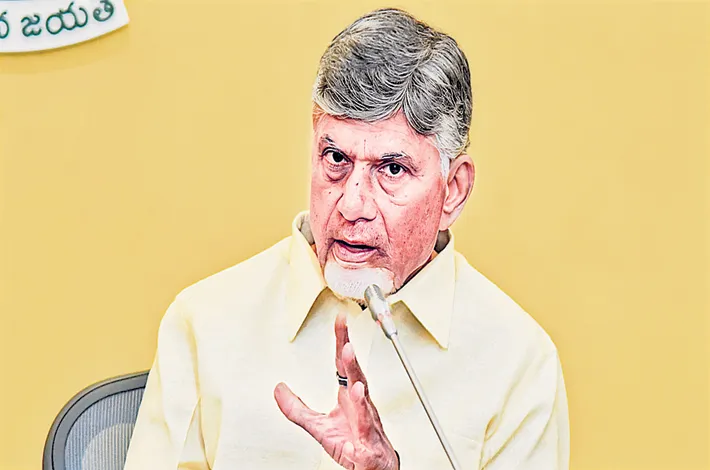
Allegations
- Manipulation and distortion of tender procurement norms to favor Shirdi Sai Electricals (SSEL) through unfair clauses and qualifications.
- Systematic monopoly established in transformer contracts, with unfair bidding practices and exclusion of competitors, resulting in near-total control by SSEL.
- Inflated procurement costs for transformers, leading to significant financial losses for the state and increased electricity costs for consumers.
- Misuse of inspection and quality assurance processes, including fake or superficial inspections to mask substandard products.
- Large political donations by SSEL to parties like TDP, suggesting quid pro quo arrangements and institutional capture benefiting the company financially and politically.”
KIRANMAI TUTIKA I amaravati
A scam of staggering proportions is unfolding in Andhra Pradesh’s power sector, and it carries the fingerprints of both major political parties that have ruled the state in the past decade. What began as a quiet manipulation of procurement norms under the Telugu Desam Party (TDP) in 2017 grew into a systematic monopoly under the YSR Congress Party (YSRCP), and is now being legitimized by the TDP-Jana Sena-BJP coalition. At the centre of it all stands Shirdi Sai Electricals Ltd. (SSEL), has managed to corner almost every major transformer contract in the state, aided by custom-designed tender rules, political patronage, and financial muscle.
The story begins during the TDP regime, when competitive bidding was slowly undermined through questionable tender conditions. In 2018, the state floated a large-scale tender for agricultural transformers. On paper, the process looked competitive, where seven companies including SVR Electricals, Hi-Power, Vijay Transformers, Toshiba, and Shirdi Sai Electricals qualified. But buried in the fine print was a highly unusual clause, if a national-level company won, half of its order would have to be subcontracted to a local firm. This effectively discouraged major manufacturers from participating freely, since their market share would be forcibly diluted.
When the YSRCP came to power in 2019, instead of dismantling these distortions, it doubled down. Tender-34 of 2019 was a turning point. Eight companies submitted bids, but in the end, only two were deemed eligible, Shirdi Sai Electricals and Toshiba. Toshiba, a global player, was allocated a token order of just 1,675 transformers. Shirdi Sai was awarded a jaw-dropping 55,623 transformers, more than 97% of the total.
How did this elimination happen? A closer look shows that the government used ERDA (Electrical Research and Development Association) as a cover. ERDA was asked to “evaluate” bidders, but behind the scenes, the YSRCP government issued confidential instructions to ensure most competitors were disqualified. The rules were custom-written to suit one company.
To qualify, bidders needed three years of prior supply experience to Andhra DISCOMs, instantly eliminating new entrants and national players. Full vertical integration, meaning every part of the transformer, from core cutting to tank fabrication, had to be produced in-house. Outsourcing even BIS-certified components was grounds for disqualification.
Once monopoly was secured, the looting began through inflated procurement costs. In 2019, Andhra Pradesh bought 5-star agricultural transformers from Shirdi Sai at Rs. 62,319 each. In 2022, under YSRCP, the same units cost Rs.70,651. By 2024, under the TDP coalition, the price had skyrocketed to Rs.1,40,085.
In comparison, Telangana procured the same transformers in 2024 for Rs.87,791; Uttar Pradesh paid Rs.73,101; and Chhattisgarh procured them in 2023 for just Rs.64,418.
Andhra Pradesh was paying almost double the national average. The inflated bills directly hit state DISCOMs and, ultimately, electricity consumers, with mounting tariffs and surcharges.
Even inspection norms, meant to ensure safety and quality, became a mockery. On March 21, 2025, orders were issued for the inspection of 1,000 transformers manufactured by Shirdi Sai. The task was assigned to a deputy engineer, G. Venkata Subbarao. Shockingly, he completed the entire inspection the same day, even though proper testing involves at least 24 different checks across multiple machines, a process that normally takes several days.
When the TDP-Jana Sena-BJP coalition came to power in mid-2024, there was hope that the old order of favoritism would be dismantled. Instead, the opposite happened.
In August 2024, the government issued Tender-94 (2024–25). Instead of removing anti-competitive clauses, it formalized them into law. What YSRCP had done quietly through letters to ERDA, the coalition government openly wrote into the rules. Vendor elimination was no longer hidden, it was now state policy.
Why did successive governments, rivals in politics, protect the same company? The answer lies in electoral bonds.
In January 2024, just months before the elections, Shirdi Sai Electricals donated Rs.40 crore to the TDP via electoral bonds, its largest known political donation. Investigations show that during YSRCP’s tenure, the same company benefited from relaxed guarantees, tailor-made clauses, and inspection bypasses. Though no donation trail has been publicly proven for YSRCP, the scale of favoritism strongly suggests a quid pro quo.
The Andhra Pradesh power sector scam is not just another case of corruption, it is a case study in institutional capture. One party laid the foundations by rewriting tender rules. The other codified those distortions into law. Both parties gained financially and politically. In the process, small industries were destroyed, competition was strangled, and the public exchequer was looted through inflated contracts.
BOX Allegations
· Manipulation and distortion of tender procurement norms to favor Shirdi Sai Electricals (SSEL) through unfair clauses and qualifications.
· Systematic monopoly established in transformer contracts, with unfair bidding practices and exclusion of competitors, resulting in near-total control by SSEL.
· Inflated procurement costs for transformers, leading to significant financial losses for the state and increased electricity costs for consumers.
· Misuse of inspection and quality assurance processes, including fake or superficial inspections to mask substandard products.
· Large political donations by SSEL to parties like TDP, suggesting quid pro quo arrangements and institutional capture benefiting the company financially and politically."





